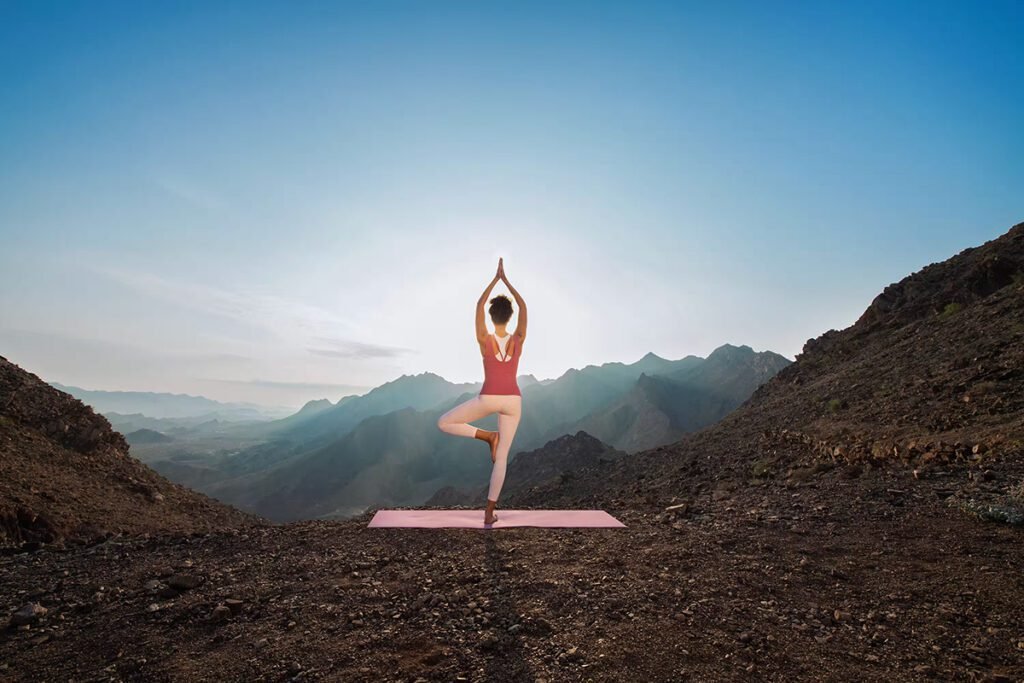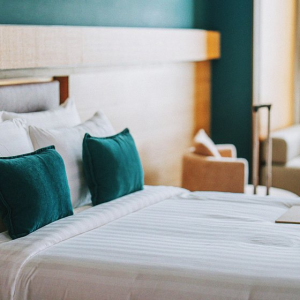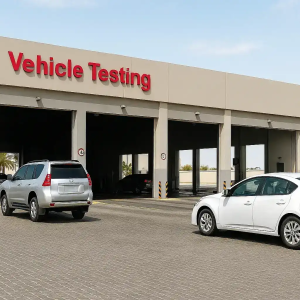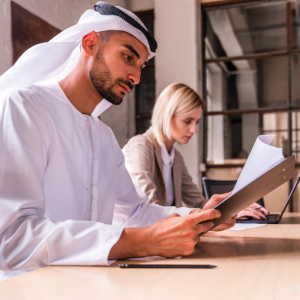Wellness Boom : The United Arab Emirates is poised to experience the highest growth in consumer spending this year, marking a powerful shift in economic momentum across the Gulf Cooperation Council (GCC). The UAE’s rise is not occurring in isolation—it’s part of a broader transformation where the entire Gulf region is evolving into a global wellness hub, attracting health-conscious consumers, luxury brands, and innovation-focused businesses alike.
As the world grapples with inflationary pressures and economic uncertainty, the UAE stands out as a beacon of economic resilience and opportunity. A combination of strategic government initiatives, a tech-forward society, and surging interest in holistic wellness has set the stage for an unprecedented consumer boom.
Economic Vitality Anchored by Vision
The UAE’s anticipated jump in consumer spending is a testament to years of focused economic diversification and policy innovation. The country’s leadership, under directives such as Vision 2021 and the subsequent UAE Centennial 2071, has long emphasized moving beyond oil reliance. Instead, the country has become a hub for tourism, fintech, luxury retail, healthcare innovation, and digital transformation.

Recent data indicates that UAE consumer spending is expected to increase by more than 5% this year, outpacing both regional neighbors and global counterparts. The driving sectors include wellness, personal care, technology, luxury fashion, and high-end tourism. What makes this surge particularly significant is its alignment with a broader regional wellness trend.
The Wellness Imperative
Across the GCC, wellness is no longer a niche market—it’s a defining feature of new urban development and national identity. From the UAE to Saudi Arabia and Qatar, governments are actively investing in wellness infrastructure, including spas, fitness centers, wellness tourism, organic dining, and even biohacking centers.

The UAE, in particular, has positioned itself as a wellness gateway between East and West. Dubai and Abu Dhabi have attracted global wellness brands, from luxury skincare to medical wellness clinics, making the country an ideal location for both consumers and entrepreneurs focused on health and longevity.
The UAE’s National Strategy for Wellbeing 2031 is at the heart of this transformation. The strategy promotes mental health, social cohesion, physical activity, and environmental health—elements crucial to a flourishing wellness economy. As a result, residents and tourists alike are exposed to a broad ecosystem that blends leisure, fitness, nutrition, and mindfulness into everyday experiences.
Wellness and the Consumer Connection
The surge in consumer spending is directly tied to this cultural and infrastructural embrace of wellness. The modern UAE consumer is younger, tech-savvy, and increasingly focused on lifestyle optimization. With high purchasing power, consumers are investing more in preventative healthcare, personalized nutrition, smart wearables, and luxury wellness experiences.
Take, for example, the popularity of DNA-based health platforms, cryotherapy lounges, IV vitamin therapy centers, and sleep-enhancing technology in Dubai. These trends are no longer exclusive to elite clientele—they are becoming part of mainstream consumer behavior.
Furthermore, the wellness movement has fueled innovation in retail and hospitality. Hotels in the UAE are integrating wellness-focused amenities such as in-room meditation, organic room service menus, and wellness concierges. Shopping malls feature wellness pop-ups, yoga events, and health-conscious food courts.
E-Commerce and the Digital Wellness Wave
E-commerce has been another strong pillar of this growth. Online platforms have not only made wellness products more accessible but have also allowed brands to reach niche audiences with tailored offerings. From plant-based supplements to AI-driven fitness coaching apps, the UAE’s digital wellness ecosystem is thriving.
Recent reports highlight a consistent rise in average order values in UAE-based e-commerce platforms. Categories like organic skincare, fitness apparel, and tech-enabled health gadgets are witnessing exponential growth. This is not just a trend—it signals a permanent shift in consumption patterns favoring health and self-care.
Mobile-first shopping behaviors, flexible delivery models, and smart loyalty programs have also played a crucial role in retaining wellness-focused consumers. Importantly, these digital models appeal not only to urban millennials but also to Gen Z, a generation increasingly concerned with sustainability and mental health.
Tourism as a Wellness Engine
Wellness tourism is another key driver of the UAE’s consumer economy. In 2024, Dubai was named one of the top wellness tourism destinations in the world, with visitors arriving not only for sun and shopping but also for detox retreats, fitness getaways, and holistic healing programs.
Expo City Dubai’s transformation into a sustainable urban wellness hub, along with projects like The Heart of Europe and The Farm at Al Barari, are redefining how people live, work, and recharge in the UAE. These are not isolated developments—they reflect a nationwide approach to positioning wellness as a competitive advantage.
The upcoming launch of the world’s tallest wellbeing resort in the UAE by 2028 is further proof that the nation is banking on wellness as the next frontier of growth.
Strategic Investment and Private Sector Synergy
The UAE’s government is not alone in recognizing the power of wellness. Venture capital and private equity firms have been pouring funds into wellness startups, sustainable brands, and health tech platforms. Global investors view the UAE not just as a regional center, but as a launchpad for wellness brands aiming to scale across the Middle East, Africa, and Asia.
Meanwhile, UAE-based conglomerates have started integrating wellness into traditional industries—whether it’s real estate projects that prioritize air quality and natural light or shopping centers that include biometric screening centers alongside fashion boutiques.
The country’s approach is holistic, treating wellness not as a product, but as a lifestyle embedded across sectors. Schools are introducing wellness education, workplaces are offering mindfulness programs, and even financial services are incorporating wellness coaching.
Regional Ripple Effect
The UAE’s consumer and wellness boom is sparking regional competition, particularly with Saudi Arabia’s Vision 2030 initiatives. Riyadh and Neom are positioning themselves as alternative wellness cities, but for now, the UAE remains the gold standard for implementation, integration, and international appeal.
This dynamic is fostering a healthy race to the top. GCC countries are collaborating and learning from one another, making the region a magnet for global wellness entrepreneurs, lifestyle brands, and high-net-worth individuals seeking both prosperity and purpose.
Looking Ahead
As the UAE gears up for another record-breaking year in consumer spending, the implications are far-reaching. This is not just an economic statistic—it’s a societal shift toward better living. The rise of the wellness economy in the UAE demonstrates the country’s ability to turn visionary ideas into tangible ecosystems that empower individuals, support businesses, and boost national pride.
In a world still recovering from a global pandemic, the UAE’s commitment to health, wellbeing, and holistic prosperity offers a blueprint for sustainable success. As the rest of the world watches, the UAE isn’t just spending more—it’s spending smarter, healthier, and with a purpose.
Do follow Uae stories for more Updates












